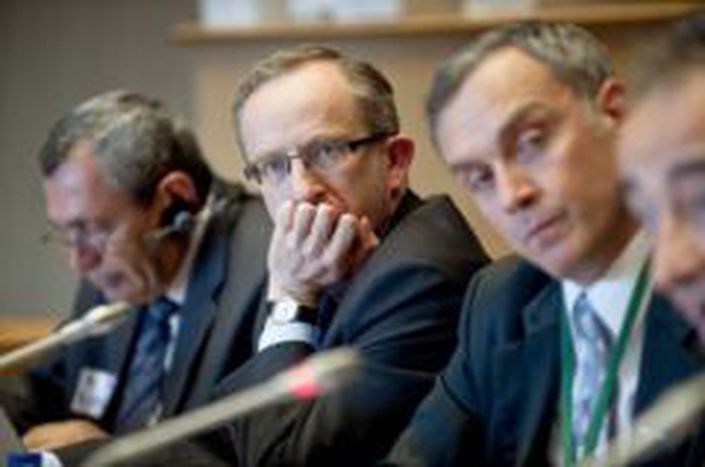
Supporting Vulnerable Children in EU Neighbourhood
Published on
By Francesca Cerri
© European Union 2012 PE-EP
Children in Enlargement and European Neighbourhood Policy (ENP) countries remain among the most socially and economically vulnerable groups in the region. Increasing number of children are susceptible to circumstances of violence, abuse and neglect.
For the EU to achieve regional security, democracy and economic stability it must first minimise the numbers of children vulnerable to estreme harm and lack of opportunity.
The roundtable discussion organized by the EU liaison office of World Vision has brought together EU stakeholders and partners to discuss promotion of child rights and protections reforms in EU Neighbourhood and Enlargement countries and support toward their implementation.
This event was also the occasion to present a new report “Welcoming Europe’s Youngest: How the EU Accession Process Transformed Child Protection in Romania” which provides striking evidence that EU engagement on child protection can have significant impact on reforms in partner countries.
The case of Romania
EU Enlargement was one key driver of child protection reform in Romania as this reform became a component of the EU's political conditionality for Romania's accession. Reflecting on the case of Romania, it becomes clear that incentives and assistance supported by strong political will can encourage partner countries to take the necessary action for ongoing child protection reforms.
Hundreds of thousands of children in the Eastern Neighbourhood and the Western Balkans continue facing tremendous protection challenges: institutionalization, violence, discrimination and exploitation remain a cruel reality severely affecting children and societies. These challenges demonstrate the immediate need for governments and stakeholders to address the causes in a systemic and sustainable way.
EU commitment to promoting child rights
The EU has committed to promoting child rights and protection in its external policy and as a key stakeholder in the region has a role to play in helping the most vulnerable children. It has had notable achievements but more can be done for lasting impact and making the support to child protection reforms as one of the most successful areas of cooperation.
In light of the new Pre-Accession Assistance and European Neighbourhood Instrument (ENI) planned for 2014 – 2020, the EU can provide substantial support to partner countries to overcome many of the key barriers to child protection reform: lack of funding, process of decentralisation, lack of political and administrative capacity, isolated implementation of community based services.
World Vision recommends the following EU actions: 1. Position the child protection as a high priority on the political agenda; 2. Adopt a systems approach to child protection programming, strategy and funding for ENP; 3. Support the scale up of successful child protection services nationwide through funding and technical support.
The EU, national governments and civil society already have the tools to make this happen. What is now needed are further efforts in shaping and utilising those tools.



